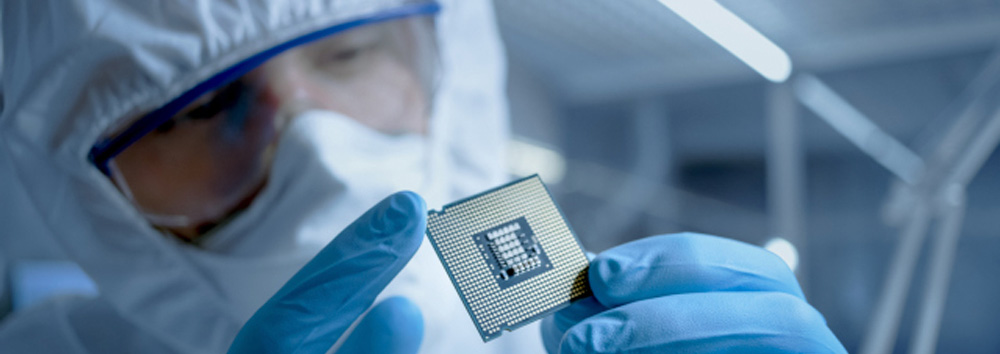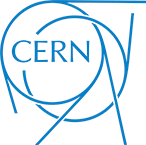The Europe of innovation gathered last week at CERN. The leaders of the ATTRACT initiative announced in CERN’s Main Auditorium the 170 breakthrough projects that will receive funding. The ATTRACT project, which is part of the European Union’s Horizon 2020 programme, finances breakthrough ideas in the fields of detection and imaging. The selection committee had to choose from 1200 proposals from scientists and entrepreneurs in Europe and beyond. “The 170 breakthrough ideas were selected based on a combination of scientific merit, innovation readiness and potential societal impact,” explains Sergio Bertolucci, chair of ATTRACT’s Independent R&D&I Committee. The selection committee gave priority to projects pledging to share their results in an open-innovation philosophy in line with the open-science policy promoted by CERN and its partners.
CERN scientists are involved in 19 of these projects. From magnets and cryogenics to electronics and informatics, many CERN teams and technologies were represented. The Laboratory’s scientists were able to showcase their unparalleled expertise in the detection of the infinitesimal and in extreme environment technologies. Several of the selected projects involve the design of sensors or signal-transmission systems that operate at very low temperatures or in the presence of radiation. Many of the 19 projects target applications in the fields of medical imaging and treatment or in the aerospace sector. Others seek industrial applications, such as the high-tech 3D printing of systems equipped with sensors, the inspection of operating cryostats or applications in environmental monitoring.
For the 170 winners, the clock now starts ticking again. They have one year to develop their ideas in the form of products or services, using the initial 100 k€ grant they will each receive, together with the support of innovation and business experts. The results will be presented in Brussels in autumn 2020 and the most promising projects will receive further funding.
About CERN
Founded in 1954, CERN is the European laboratory for particle physics. Sitting astride the Franco-Swiss border near Geneva, it was one of Europe’s first joint ventures and now has 22 member states. CERN operates a unique range of particle accelerators that enable research into the fundamental particles and laws of the Universe, including the Large Hadron Collider (LHC), the largest scientific instrument on Earth. The 60-year history of CERN is marked with impressive achievements in the construction and operation of powerful linear and circular accelerators. Moreover, CERN offers unique infrastructures for the development of the most sensitive particle detectors in the world, including the four main LHC detectors – ATLAS, CMS, ALICE and LHCb. General-purpose test beam lines provide beams of electrons, muons and hadrons in a very wide energy range for testing the detectors used in the LHC and in its major upgrade, the High-Luminosity LHC, as well as in future colliders and in neutrino experiments.



